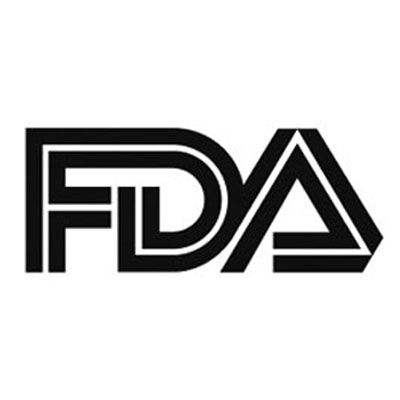FDA Pauses Phase 1 Trial for P-PSMA-01 in Metastatic Castration-Resistant Prostate Cancer
The FDA placed a partial clinical hold on enrollment to the phase 1 P-PSMA-101-001 trial evaluating P-PSMA-01 as treatment of patients with metastatic castration-resistant prostate cancer.

The FDA has placed a partial clinical hold on enrollment to the phase 1 P-PSMA-101-001 trial (NCT04249947) evaluating the chimeric antigen receptor (CAR) T-cell therapy P-PSMA-01 as treatment of patients with metastatic castration-resistant prostate cancer (mCRPC), Poseida Therapeutics announced in a press release. The company must submit a new plan answering the FDA’s questions, and the FDA will have 30 days to decide if the trial may resume.
Enrollment to this trial will be on pause while a patient death is investigated per protocol. This patient had mCRPC, failed treatment with multiple anti-cancer therapies, and had received the P-PSMA-01 treatment in late July. The patient had normal lab results and no clinical symptoms during the first 7 days post-treatment, but the patient missed both the day 10 and day 14 follow-up visits and developed symptoms that subsequently led to hospitalization during this time. The patient died of hepatic failure at day 19 post-treatment.
At this time, the direct cause of the hepatic failure has not been confirmed, but the patient had developed symptoms that were consistent with macrophage activation syndrome, which is a serious and potentially fatal overactivation of the immune system, often associated with CAR T-cell therapies, that may have other causes like infection or autoimmune disease. The patient had also developed blurred vision, which was diagnosed to be uveitis.
This serious adverse event (AE) was assessed by a clinical investigator as possibly related to P-PSMA-01, but further investigation is required. No other serious AEs, like decreased vision, uveitis, macrophage activation syndrome, or hepatic failure, were reported in this study, nor were any cases of cytokine release syndrome and neurotoxicity.
The company’s assessment of this patient death remains ongoing, as well as their evaluation of next steps, including changes to protocols as indicated by the assessment findings. Poseida is awaiting the formal response from the FDA and is currently preparing their recommendations designed to allow the clinical trial to resume.
P-PSMA-101-001 is an open-label, multicenter, dose-escalating study designed to determine the optimal dose of this CAR T-cell therapy for the treatment of patients with mCRPC. The primary end points are examining the safety of P-PSMA-01, determining the maximum-tolerated dose, and evaluating the efficacy of the agent. Patient cohorts received either single or multiple doses of the CAR T-cell therapy.
Patients had to have mCRPC that continues to grow despite any prior treatment for advanced disease, have recovered from serious AEs experienced with prior therapies, and have adequate organ function within predetermined parameters and an ECOG performance status of either 0 or 1 to be eligible to enroll in the study. Patients were ineligible if they had inadequate venous access and/or contraindications to leukapheresis, an active second malignancy beyond mCRPC, active autoimmune disease, a history of significant central nervous system disease, an active systemic infection, or have received anticancer therapies within 2 weeks of the conditioning chemotherapy initiation. Patients were also ineligible if they had received immunosuppressive medications within 2 weeks of initiating leukapheresis or have received systemic corticosteroid therapy.
P-PSMA-01 targets the prostate-specific membrane antigen, commonly expressed on mCRPC cells, and it was created with the Poseida’s piggyBac DNA Modification System, which is a system that manufactures products with a high percentage of stem cell memory cells that possess the potential to reconstruct the entire spectrum of T cell subsets, like the effecter T cells that are important in tumor-killing activity. The higher composition of stem cell memory cells is believed to be key to addressing challenges linked with earlier-generation CAR T-cell products.
References
Form 8-L: Poseida Therapeutics, Inc. United States Securities Exchange Commission. August 17, 2020. Accessed August 18, 2020. https://bit.ly/2CEl4cR